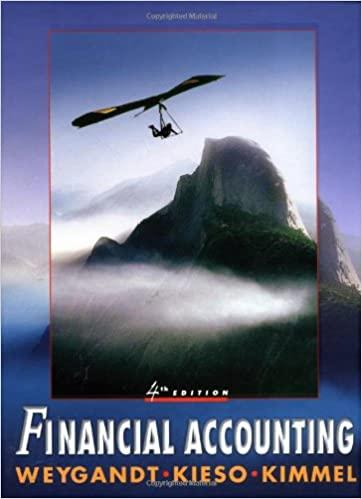c. d. Timing of tests performed after the balance sheet date. Auditor's familiarity with industry trends. 2 o. The risk that an auditor's procedures will lead to the conclusion that a material misstatement when, in fact, such misstatement does exist is: does not exist in an account balance a. Audit risk. b. Inherent risk. c. Control risk. d. Detection risk. 21. Inherent risk and control risk differ from detection risk in that they: Arise from the misapplication of auditing procedures. b. a. May be assessed in either quantitative or nonquantitative terms. Exist independently of the financial statement audit. Can be changed at the auditor's discretion. c. d. 22. Because of the risk of material misstatement due to fraud, an audit of financial statements in accordance with generally accepted auditing standards should be planned and performed with an attitude of: a. Objective judgment. b. Independent integrity. c. Professional skepticism. d. Impartial conservatism. 23. Which of the following circumstances most likely will cause an auditor to consider whether material misstatements due to fraud exist in an entity's financial statements? a. Management places little emphasis on meeting earnings projections of external parties b. The board of directors oversees the financial reporting process and internal control. c Internal control deficiencies previously communicated to management are not yet corrected. Transactions selected for testing are not supported by proper documentation. d. statements, an auditor discovered that the engagement personnel failed to confirm several of the client's material accounts receivable balance. The auditor should first a. Request the permission of the client to undertake the confirmation of accounts 24. Six months after expressing an unmodified opinion on audited financial stat recelvable. Assess the importance of the omitted procedures to the auditor's ability to support the previously expressed opinion. b. c. Perform alternative procedures to provide a satisfactory basis for the unmodified opinion. d. Inquire whether there are persons currently relying, or likely to rely, on the unmodified opinion







